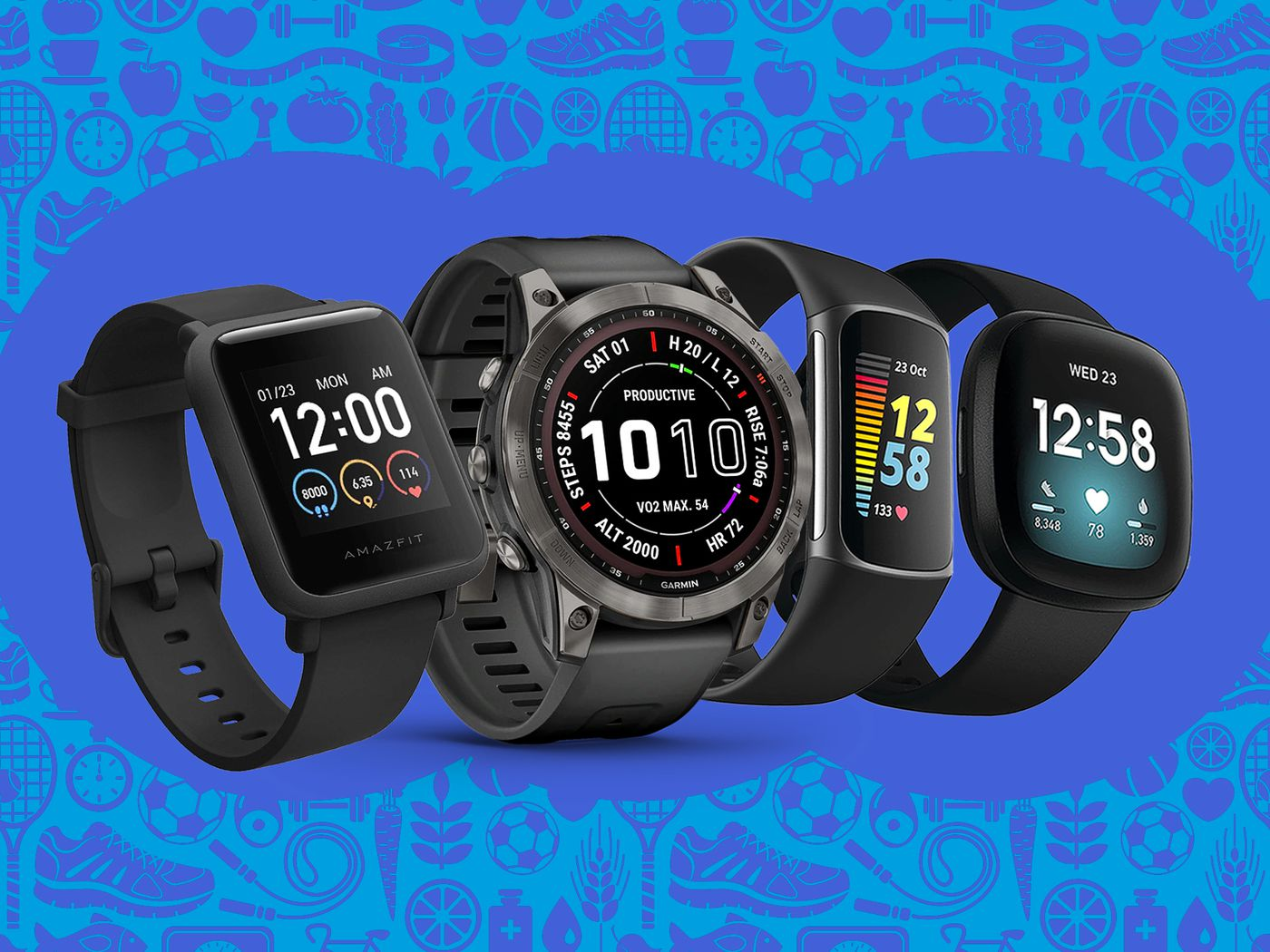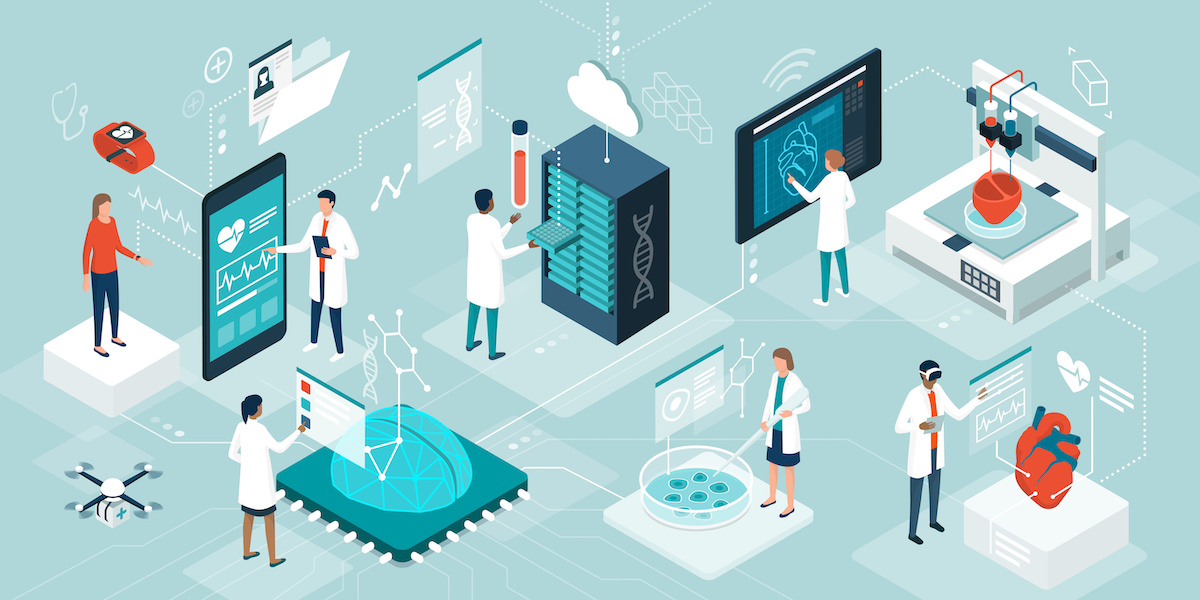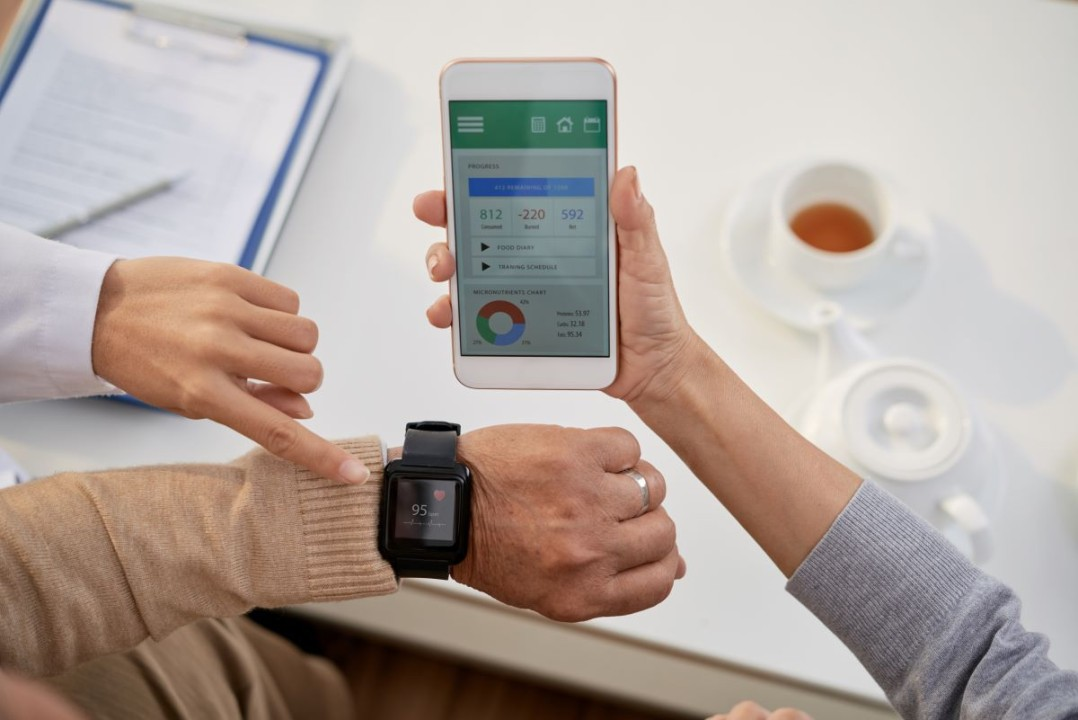The Future of Healthcare Technology in At-Home Care
In an age where digital innovation is revolutionizing every sector, the future of healthcare technology promises transformative changes, particularly within the at-home care landscape. With the integration of advanced tools and systems, healthcare services are becoming more accessible, personalized, and efficient, fundamentally altering how care is delivered and experienced. This shift not only improves patient outcomes but also addresses some of the most pressing challenges facing healthcare today, including accessibility, cost, and quality of care. The role of telehealth as a component of this technological evolution cannot be understated, bridging the gap and making healthcare more readily available to those in remote or underserved areas.
Exploring the context of the future of at-home healthcare technology, this article delves into the role of artificial intelligence (AI) and automation, key drivers of this transformation. It examines how AI applications and automated systems are reshaping at-home care services, from personalized medicine and patient monitoring to administrative tasks, significantly improving efficiency and patient care. Furthermore, the article addresses the challenges and opportunities presented by these technologies, offering insights into best practices for their implementation and predicting what the future holds. Through this comprehensive overview, readers will gain an understanding of how technology is not only shaping the present of at-home care but also charting the course for its future.
How Healthcare Technology is Revolutionizing At-Home Care
In recent years, the integration of healthcare technology into at-home care has significantly transformed how services are delivered, making them more personalized, efficient, and flexible. Telehealth and e-health have witnessed a surge, enabling patients to consult with healthcare providers through digital platforms, reducing the need for in-person visits and proving particularly beneficial for those with mobility issues or living in remote areas. Additionally, digital monitoring devices have become essential tools in tracking and transmitting vital signs like heart rate and blood pressure in real-time, allowing for immediate intervention by healthcare providers when necessary. Smart home devices like voice-activated assistants enhance safety and convenience for those confined to their homes by controlling the home environment and providing medication reminders. Furthermore, the advent of mobile health apps has empowered patients to take a more proactive role in managing their health, providing features like medication reminders and health tracking.
For example, automated medicine dispensers are now seamlessly integrating with smart home systems, unlocking new levels of convenience and safety for patients. Similarly, advancements in smart home technology are reshaping how we approach healthcare at home, making it more efficient and user-friendly.
The Role of AI in Healthcare Technology
Artificial Intelligence (AI) is playing a pivotal role in advancing healthcare technology, particularly in at-home care. AI-powered health monitoring systems enable continuous data collection and analysis, identifying potential health issues early and facilitating timely interventions. For instance, AI algorithms analyze patient data, such as vital signs and activity levels, to detect deviations from established norms, minimizing hospitalizations and improving patient outcomes. Moreover, AI is revolutionizing personalized care by analyzing vast amounts of data to customize treatment plans for individual patients. By integrating data from electronic health records, wearable devices, and patient-provided information, AI creates comprehensive health profiles that enable healthcare providers to make data-driven decisions.
Additionally, AI is transforming administrative management in healthcare by automating time-consuming tasks such as scheduling, billing, and compliance checks. Companies like Thoughtful are leading the way, providing AI solutions that seamlessly integrate into existing systems to enhance productivity and minimize the risk of errors. These AI tools are designed to handle numerous administrative tasks, freeing up healthcare professionals to focus more on patient care and less on bureaucratic processes.
Challenges and Opportunities in Healthcare Technology
While healthcare technology offers numerous benefits, it also presents challenges that need to be addressed. One of the most pressing issues is data security. With the increasing reliance on digital health technologies, healthcare organizations are frequent targets of cyberattacks due to the high value of personal health information. Implementing robust data security measures, such as Data Loss Prevention (DLP) tools and comprehensive endpoint protection, is crucial to safeguard patient information. These measures help prevent unauthorized access and ensure compliance with healthcare data protection regulations like HIPAA and GDPR, thereby maintaining the integrity and confidentiality of patient data.
Another challenge is the healthcare workforce shortage, exacerbated by recent global health crises. Across the US, healthcare facilities are struggling with a projected shortfall of over three million professionals, resulting in increased patient wait times and reduced care quality. Addressing this issue requires a multifaceted approach, including retaining existing staff by improving working conditions and offering competitive salaries, as well as optimizing staff distribution and enhancing communication channels within facilities.
Future Trends in Healthcare Technology
As the healthcare landscape continues to evolve, several trends will shape its future. The integration of Artificial Intelligence (AI) and remote monitoring technologies is expected to enhance the efficiency and effectiveness of healthcare delivery. Predictive healthcare, supported by these technologies, will allow providers to anticipate health issues before they become severe, thereby improving patient outcomes and reducing strain on healthcare resources. Additionally, the shift towards at-home care is expected to continue, driven by patient preferences and the need for cost-effective treatment methods. As these trends unfold, healthcare providers must adapt to meet evolving needs and ensure sustainable growth and quality care.
For more insights into how technology is shaping the future of healthcare, check out this article on how smart home technology will change lives in 2025.
Conclusion
Exploring how future healthcare technology is transforming at-home care has revealed the crucial role that advancements like artificial intelligence, automation, and remote patient monitoring systems are playing in reshaping healthcare services. These technologies not only streamline operations and enhance patient care delivery but also address critical challenges like accessibility, cost, and quality of healthcare provision. Their integration into at-home care environments marks a significant shift towards more personalized, accessible, and efficient healthcare solutions, revealing a profound potential to improve patient outcomes and satisfaction.
As we look toward the future, the impact of these technological advancements extends beyond immediate improvements in healthcare delivery. They signify a broader trend toward a patient-centered healthcare ecosystem, driven by data that can adapt to the evolving needs of both communities and healthcare professionals. While challenges like data security and workforce shortages remain, the continuous innovation and implementation of AI and automation in at-home care promise a more sustainable, efficient, and compassionate healthcare system. This underscores the importance of continued research, development, and dialogue among stakeholders to fully realize the potential of technology in transforming at-home care for the better.
Frequently Asked Questions
- How is technology impacting home-based healthcare services? Technology is revolutionizing at-home healthcare by deploying tools like remote patient monitoring, telehealth, and wearable devices. These technologies provide healthcare professionals with instant access to patient data, allowing for timely medical interventions.
- What are the future impacts of technology on healthcare? The future of healthcare will be significantly shaped by digital technology, promising to build sustainable healthcare systems, foster more equitable doctor-patient relationships, and develop more effective disease treatments. These technological integrations aim to improve overall health outcomes for communities and individuals.
- What is the growth outlook for the home healthcare industry? The home healthcare and personal care sector is projected to grow rapidly at 22% from 2022 to 2032, much faster than the average growth rate for all occupations. There are expected to be approximately 684,600 job openings annually during this period.
- How is health information technology transforming healthcare? Health information technology (HIT) is transforming healthcare by improving data storage and retrieval, enabling rapid and clear communication of patient information, enhancing medication safety by improving readability and helping to minimize medication errors, and simplifying the process of accessing patient information.
For further reading on the impact of technology in healthcare, visit HealthIT.gov, HIMSS, and WHO Digital Health.








